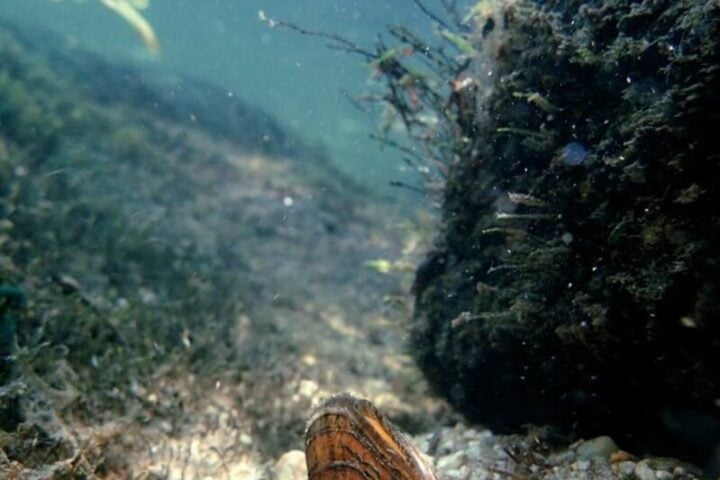The shutdown of a nuclear power plant in Minnesota caused the deaths of at least 230 fish in the Mississippi River, triggered by a change in water temperature. The incident was a result of the plant’s being shut down for permanent repairs after a leak of water containing tritium was discovered.
The fish eventually died from thermal shock and not from the tritium leak; hence, there is no risk to public safety. The company that runs the plant, Xcel Energy, said that it generally avoids shutdowns during winter periods when temperature differences are greater.
The Minnesota Pollution Control Agency claimed that the fish kill was not unexpected given the significant temperature change that occurs when warm water from the plant stops flowing to the river during a shutdown in operations. The fish that died were bass, channel catfish, common carp, and sucker fish.
- Protected: Weekly Mailer Task
- GP Registration Online Now At 98.4% Of Practices As 3.8 Million Sign Ups Signal NHS Digital Shift
- Protected: Update the social media status in Content Calendar
- Colchester Zoo Sea Lion Atlanta Dies Suddenly After 21 Years—What Vets Couldn’t Confirm
- WA Measles Outbreak Grows: 15 Cases Confirmed Since March 19, 2025
The impact of the shutdown was relatively small in relative terms, considering the death toll, according to Pat Rivers, the deputy director of fish and wildlife for the Minnesota Department of Natural Resources. The plant will begin producing power again in the next week and will shut down again on April 15 for refuelling. Tritium, a radioactive form of hydrogen that occurs naturally and as a byproduct of nuclear power generation, has not reached any drinking water sources.

















![Representative Image: European Starling [49/366]. Photo Source: Tim Sackton (CC BY-SA 2.0)](https://www.karmactive.com/wp-content/uploads/2025/04/Starlings-Drop-82-in-UK-Gardens-as-Birdwatch-2025-Reveals-Record-Low-Count-Since-1979-720x480.jpg)
